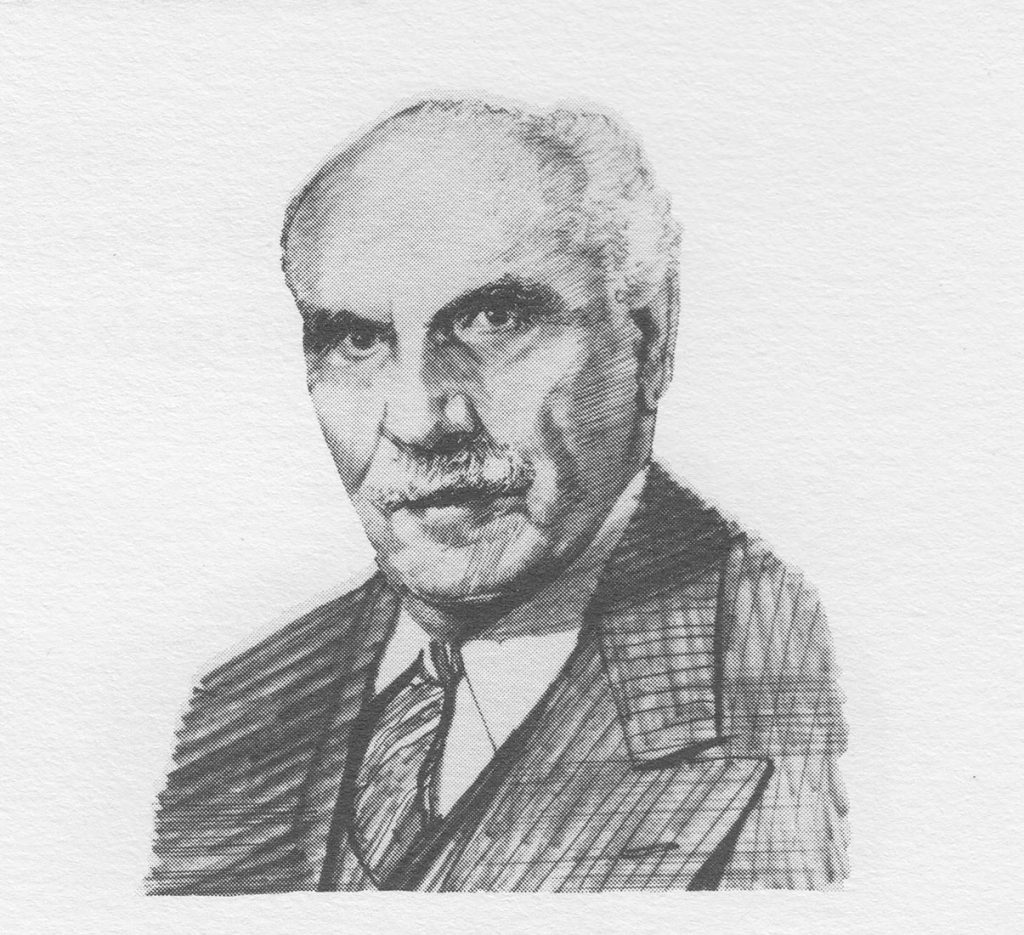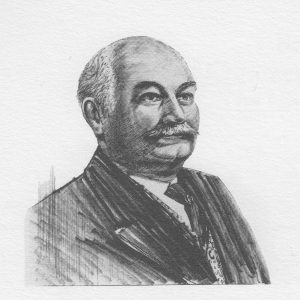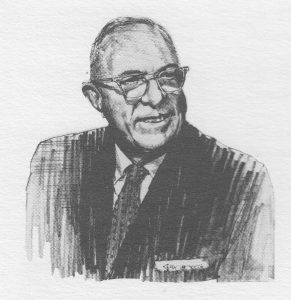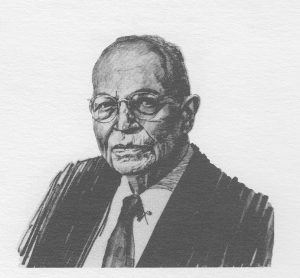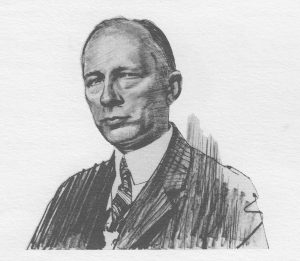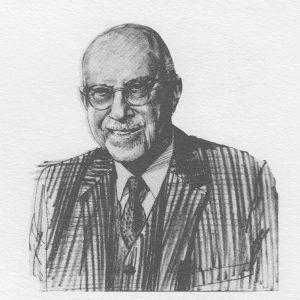Louis Pizitz, a part of the great migration of Jewish immigrants to the United States in the late 1880s, longed to be free from the restrictive laws that had led to the poverty of the Jews of Eastern Europe.
Pizitz arrived in New York in 1889 and soon took out naturalization papers and married Minnie Smolian, a former resident of Poland. Pizitz began his career as a peddler, and his experience taught him lessons he never forgot: buy wisely, sell honestly, know your customers and treat them with dignity. The panic of 1893 and the lure of a developing metropolitan area drew him to Birmingham in 1897. With a few hundred dollars, he rented a small building on First Avenue North and opened his store with eight employees. Pizitz was successful in Birmingham. He often shared his good fortune with others. In 1915, thousands of coal miners and their families faced starvation in the midst of labor strife. Pizitz sent truckloads of food and clothing to the mining communities. During World War I, he headed numerous Liberty Bond drives. Pizitz weathered the Great Depression, and in 1937, his store had grown to 74 departments and 600 employees. Pizitz was a pillar in the Birmingham Jewish community and was a founder of the Temple Beth-El. In 1948, he won the Good Will Award of the National Conference of Christian and Jews. In Birmingham’s Centennial Year, Louis Pizitz was chosen one of ten leading businessmen in the city’s history.

